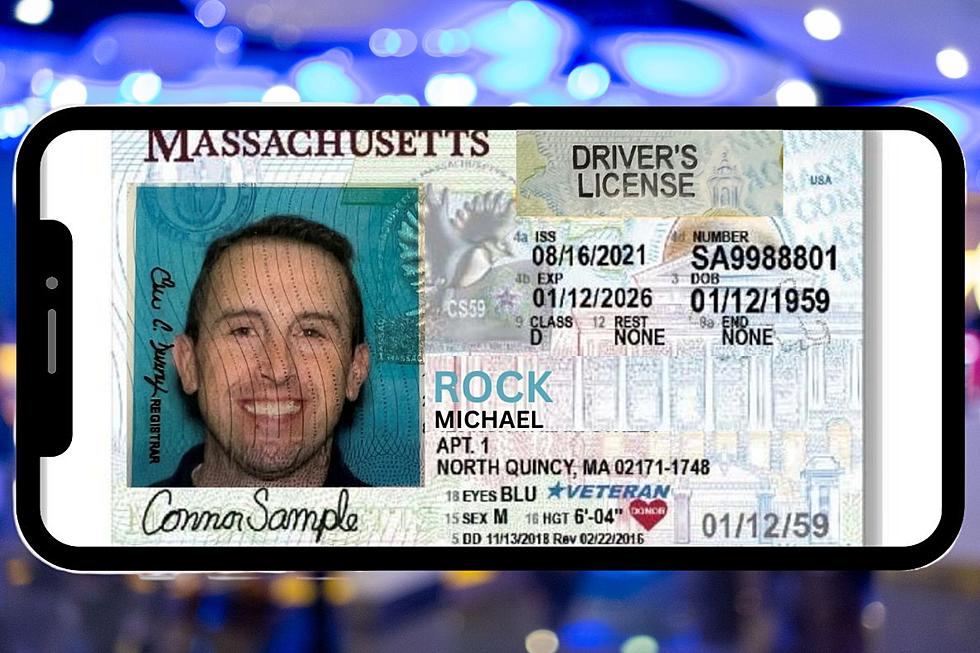Senate Approves Bill That Could Make Drug Traffickers Liable for Murder
Sens. Spilka, Brownsberger, and Rosenberg spoke to reporters after the Senate adjourned early Friday morning. [Photo: Andy Metzger/SHNS][/caption]STATE HOUSE, BOSTON — The Senate passed legislation early Friday that could make drug traffickers in Massachusetts liable for murder while substantially reducing other criminal penalties for drug dealing in an effort to reduce the state's prison population and give offenders a better chance at turning around their lives.
Four Democrats – Sens. Eileen Donaghue, Anne Gobi, Kathleen O'Connor Ives and Mike Rush – joined the chamber's six Republicans in opposing the final version of the bill (S 2185), which passed 27-10. Sen. Marc Pacheco, a Democrat, was not in the chamber for the final vote.
"The final vote shows that people were willing to vote for the package," said Sen. William Brownsberger, co-chairman of the Judiciary Committee, noting it was a "veto-proof majority."
Gov. Charlie Baker in August proposed enhanced punishments for drug dealers whose illicit products kill users, and the Democrat-controlled Senate was at first poised to fend off a Republican attempt to include that proposal in the omnibus criminal justice bill.
Midway through debate, which began late Thursday morning and ended at 1:30 a.m. Friday, Senate Minority Leader Bruce Tarr altered his amendment so that it would cover only drug traffickers – as opposed to those who might share a bag – and Brownsberger said the changes satisfied his concerns with the earlier version.
The potent synthetic opioid fentanyl has aggravated the deadly scourge of overdose deaths in the Bay State, and on the Drug Enforcement Agency reported this week that Massachusetts was behind only Ohio in the number of fentanyl reports in 2016. Massachusetts had 3,911 fentanyl reports that year, according to the DEA data.
Other matters – criminalizing revenge porn and including 18-year-olds in the juvenile justice system – were decided by razor thin margins.
The idea of criminalizing the malicious distribution of nude photos and video merits further consideration, Brownsberger said before the Senate voted down Weymouth Republican Sen. Patrick O'Connor's revenge porn amendment 18-19.
Sixteen senators joined Sen. Michael Moore, a Millbury Democrat, in his unsuccessful attempt to treat 18-year-olds as adults in the justice system within the bill. The legislation, which has not yet been considered by the House, would move 18-year-olds into the juvenile justice system.
The Senate voted 14-22 to reject an O'Connor amendment that would expand state law enforcement's ability to wiretap suspects who are not part of organized crime.
Other aspects of the legislation would restrict the use of solitary confinement in prisons, decriminalize sex between minors of similar age, and repeal mandatory minimum sentences for certain drug dealing crimes, including for dealing near a school.
While the Senate was debating the bill, Supreme Judicial Court Chief Justice Ralph Gants gave an annual address to attorneys and members of the Judiciary, where he pushed his case for granting judges more leeway in sentencing.
"School zone mandatory minimums in drug cases are the most random of the mandatory minimums because they depend solely on the proximity of the defendant to a school or park at time of arrest regardless of whether the defendant had any intention of selling to anyone on or near school or park grounds," Gants said, according to his prepared remarks.
The Senate agreed to a Tarr amendment that would give so-called good Samaritan protections to underage drinkers who seek medical attention for someone experiencing an alcohol overdose.
The legislation will next move to the House, where leaders have generally favored more modest changes to laws than their Senate counterparts.
Brownsberger said he was confident the legislation would progress in the other chamber.
"That's all I'm hearing from the House is seriousness on this issue," Brownsberger said.
--Andy Metzger, State House News Service
More From WBSM-AM/AM 1420









